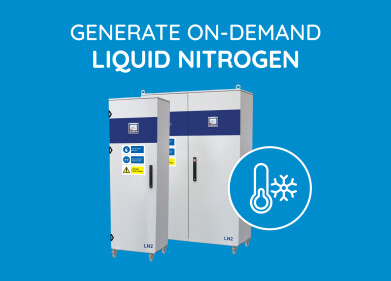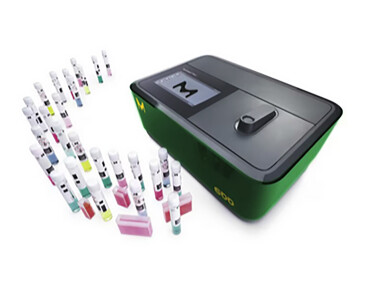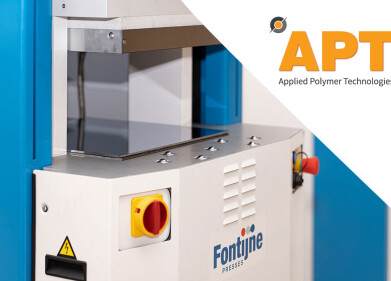Laboratory products
Who Won the 2018 Nobel Prize in Medicine?
Oct 07 2018
Since 1895, the Nobel Prize has been recognising excellence in individuals who work towards global fraternity, reducing standing armies and promoting peace congresses. It was founded by Swedish inventor, industrialist and philanthropist Alfred Nobel and continues to reign as one of the most prestigious awards on the planet. Today, the prize also honours luminaries in Chemistry, Physics, Literature and Medicine.
In 2018, the Nobel committee has lauded immunologists James Allison and Tasuku Honjo for their work in harnessing the body's immune system and using it in the fight against cancer. Allison and Honjo will share a prize of 9 million Swedish kronor, which equates to around £755,000.
A "landmark" in the fight against cancer
“This year’s #NobelPrize constitutes a landmark in our fight against cancer. The discovery made by the two Medicine Laureates takes advantage of the immune system’s ability to attack cancer cells by releasing the brakes on immune cells,” tweeted the Nobel committee.
Allison - professor and chair of Immunology at the University of Texas - and Honjo - Distinguished Professor of Kyoto University Institute for Advanced Study and Professor of Department of Immunology and Genomic Medicine – worked together to identify certain proteins that actively stop immune cells from attacking cancerous tumours.
Removing "brake proteins"
By manually eliminating these "brake proteins" from the immune system Allison and Honjo were able to hit accelerate and allow T-cells to attack cancerous growths. For the medical sphere, the findings will be crucial to developing new treatments.
“Until the discoveries made by the 2018 Medicine Laureates, progress into clinical development was modest. 'Immune checkpoint therapy' has revolutionised cancer treatment and has fundamentally changed the way we view how cancer can be managed,” praises the Nobel committee.
Characterised by the growth of abnormal cells, cancer is an umbrella term for over 200 diseases that can affect vital body systems. It's currently the second leading cause of death worldwide, though thanks to new breakthroughs mortality rates and dropping and life expectancy after diagnosis is on the rise. While one in two Brits are expected to receive a cancer diagnosis in their lifetime, mortality rates sit at around 166,000 a year.
Want to know more about what goes on behind the scenes in medical laboratories? Offering expert commentary from Socotec senior development specialist Paul Walker, 'Characterising Unknowns: Behind the Scenes of Chemical Investigation' explores how techniques like Gas Chromatography Mass Spectrometry (GC/MS) and Scanning Electron Microscopy using Energy Dispersive X-ray analysis (SEM-EDX) are supporting scientists across the globe.
Digital Edition
Lab Asia 31.6 Dec 2024
December 2024
Chromatography Articles - Sustainable chromatography: Embracing software for greener methods Mass Spectrometry & Spectroscopy Articles - Solving industry challenges for phosphorus containi...
View all digital editions
Events
Jan 22 2025 Tokyo, Japan
Jan 22 2025 Birmingham, UK
Jan 25 2025 San Diego, CA, USA
Jan 27 2025 Dubai, UAE
Jan 29 2025 Tokyo, Japan



















